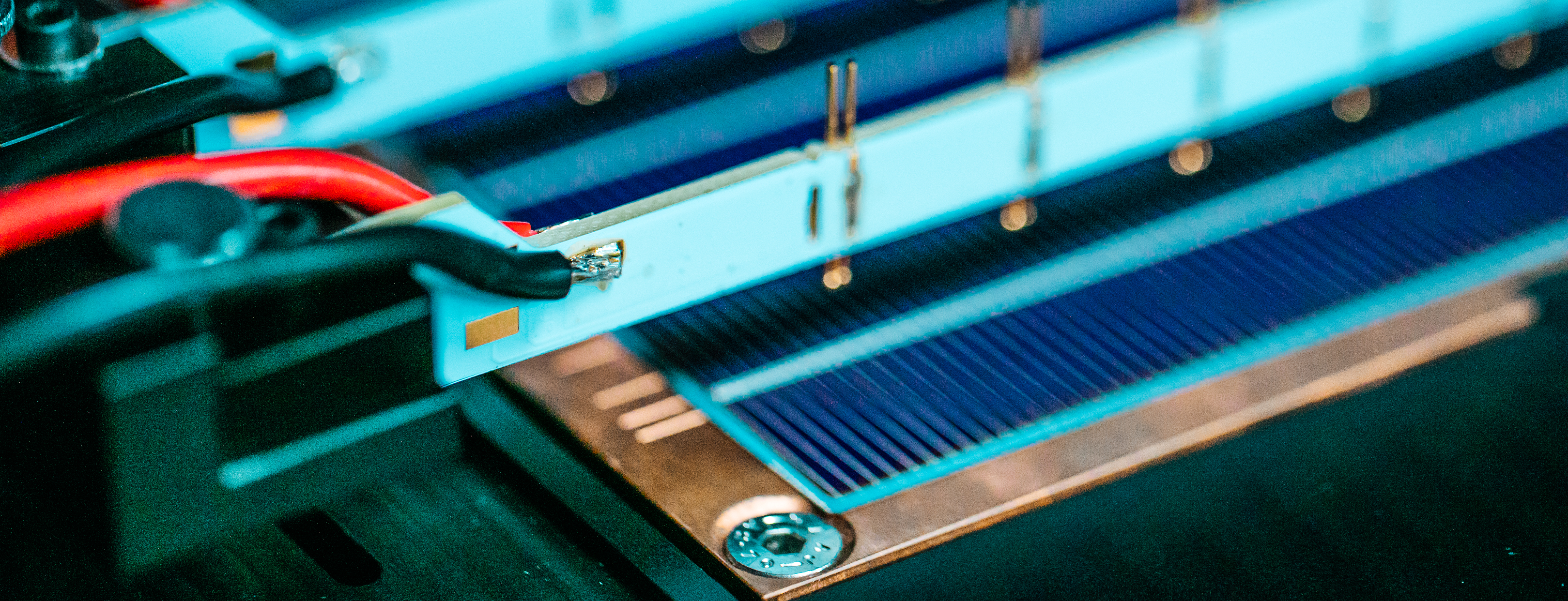

De Bastiani, M., Armaroli, G., Jalmood, R., Ferlauto, L., Li, X., Tao, R., T. Harrison, G., K. Eswaran, M., Azmi, R., Babics, M., S. Subbiah, A., Aydin, E., G. Allen. T., Combe, C., Cramer, T., Baran, D., Schwingenschlögl, U., Lubineau, G., Cavalcoli, D., De Wolf, S.